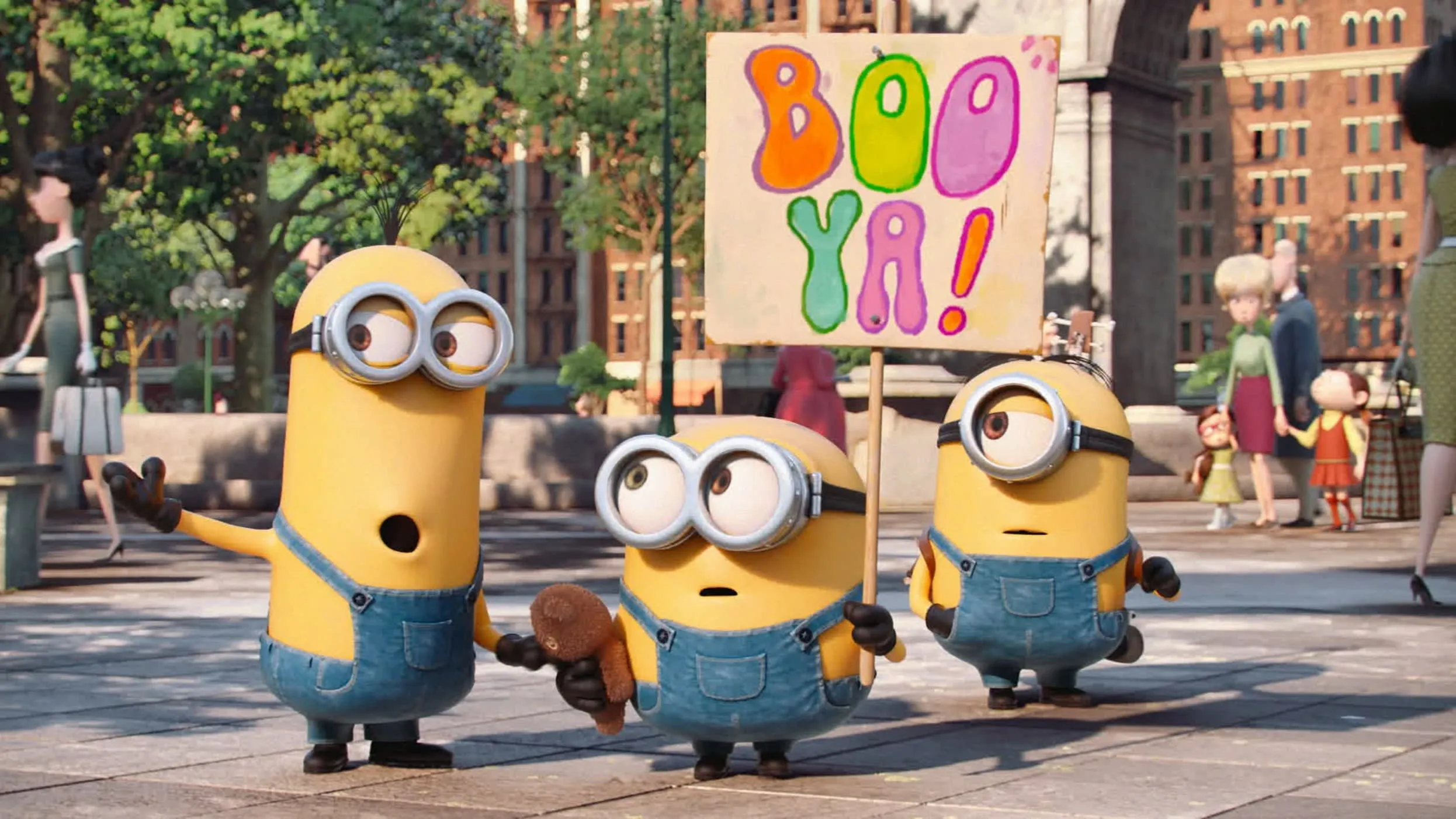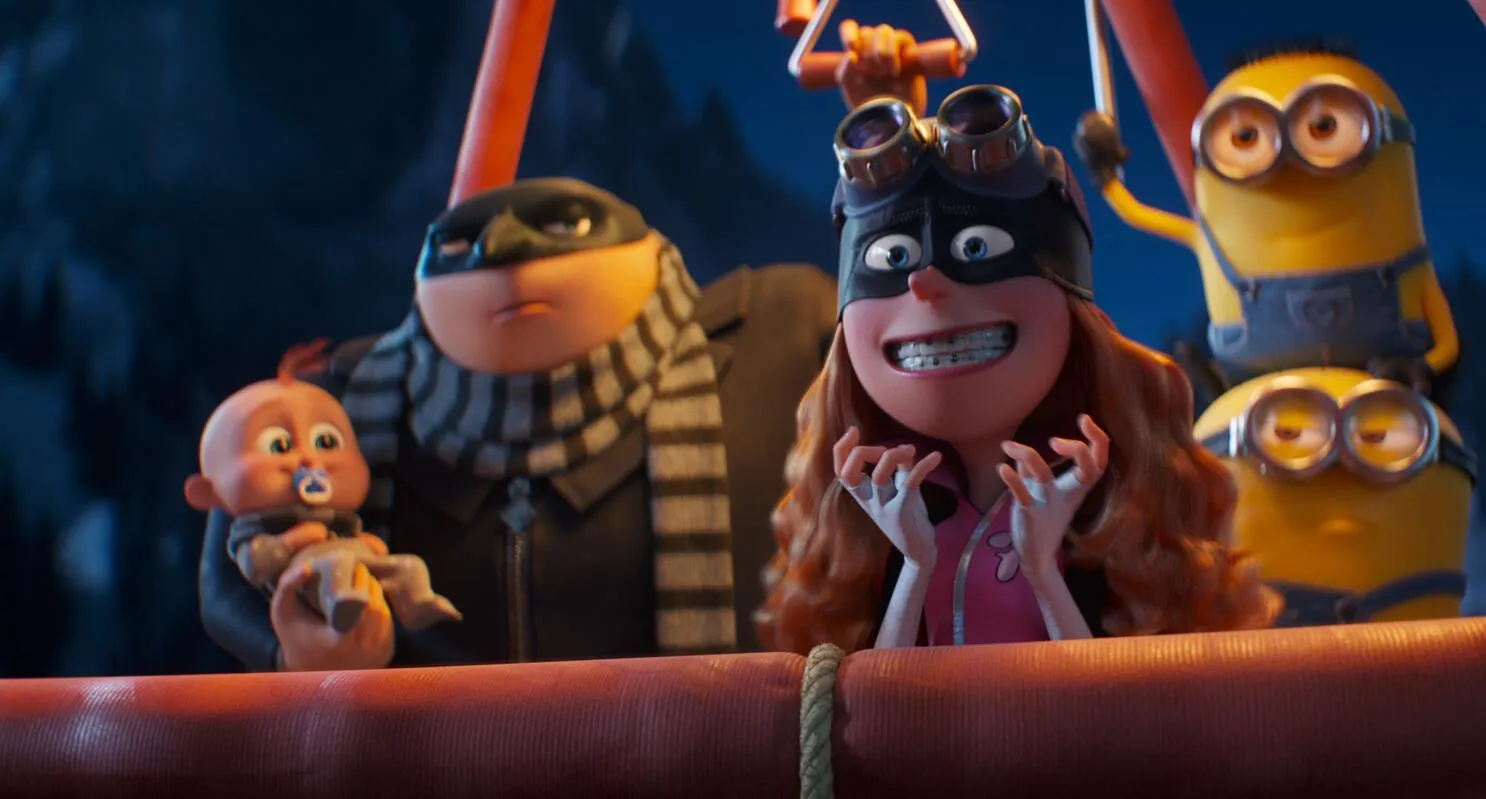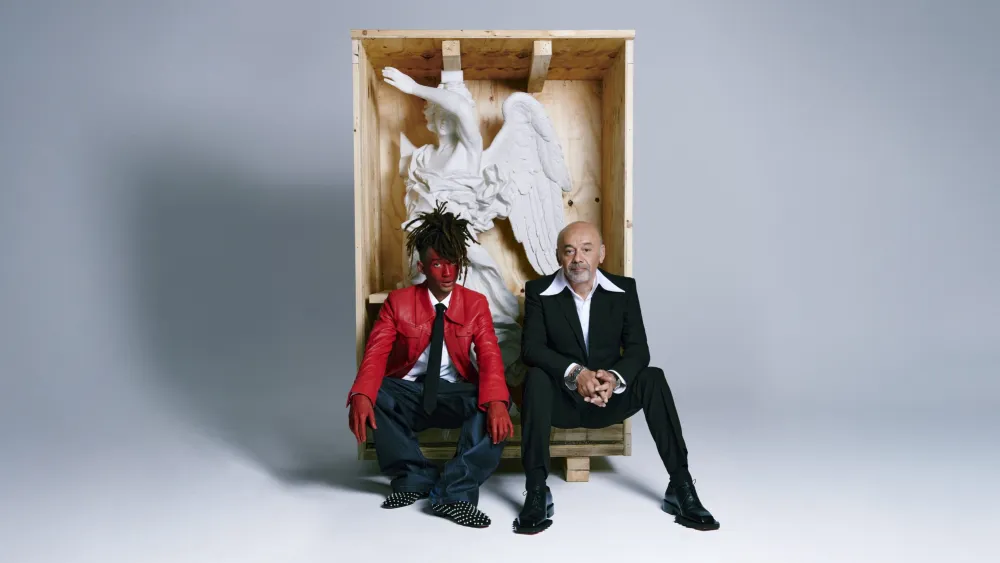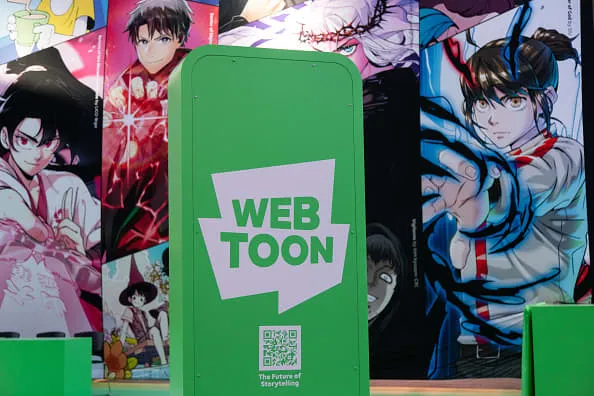
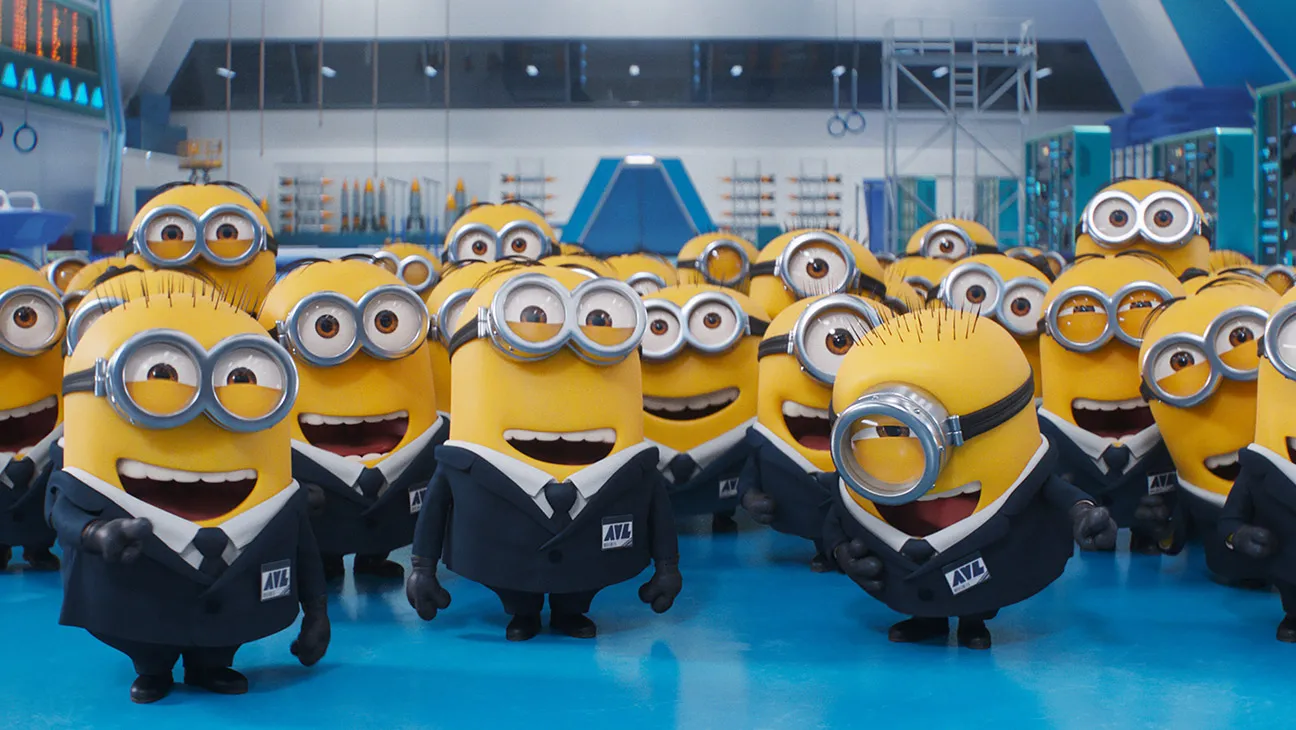
Disney, Warner Bros. and Universal Pictures Sue Chinese AI Company in Escalation of Copyright Battle
The global entertainment industry is facing one of its most serious challenges yet. Disney, Warner Bros. Discovery, and Universal Pictures have launched a joint lawsuit against MiniMax, a Chinese artificial intelligence company, alleging large-scale copyright infringement through its AI platform Hailuo AI. The lawsuit, filed in California federal court, represents the latest escalation in a series of high-profile disputes between Hollywood and AI developers.
With AI tools advancing at breakneck speed, major film studios are positioning themselves to defend their intellectual property against what they describe as an existential threat to the movie and television business.
The Lawsuit Against MiniMax: A New Front in Hollywood’s AI Battle
According to the lawsuit, MiniMax has built its AI service by illegally using copyrighted works belonging to the studios. Its product, Hailuo AI, allows users to generate images and videos of well-known characters such as Darth Vader, Minions, Superman, and Guardians of the Galaxy heroes.
Court filings claim that MiniMax has trained its AI models using copyrighted movies and TV shows owned by the studios. As a result, users can prompt the AI to produce nearly identical depictions of characters, complete with the platform’s watermark. The studios argue that the only way this could be possible is if MiniMax directly trained its system on their intellectual property.
The studios are seeking unspecified damages, including disgorgement of profits and a permanent injunction barring MiniMax from exploiting their works in the future.
Why the Studios See AI as an Existential Threat
In the complaint, Disney, Warner Bros., and Universal emphasize that AI technology is advancing so quickly that it may soon be able to create unauthorized full-length films. According to the studios, it’s “only a matter of time until Hailuo AI can generate infringing videos that are substantially longer, and even eventually the same duration as a movie or television program.”
This concern is not theoretical. AI companies have already demonstrated the ability to produce short clips and realistic animations. If left unchecked, studios warn that AI platforms could flood the internet with bootleg versions of blockbuster films, undercutting legitimate releases and devaluing years of creative labor.
Hollywood’s Broader Legal Campaign Against AI Companies
The lawsuit against MiniMax is not an isolated case. Hollywood has been steadily ramping up legal action against AI firms that allegedly exploit copyrighted material.
-
Earlier this month, Warner Bros. Discovery joined Disney and Universal in suing MidJourney, another AI platform accused of training its models on movies and television shows without permission.
-
Other industries are also taking action. Authors, record labels, news organizations, and visual artists have filed lawsuits against AI companies, claiming that scraping copyrighted data from the internet without compensation undermines creative industries.
The lawsuits represent a broader push by creators to establish legal boundaries for how AI companies can train their models.
The Motion Picture Association’s Response
The Motion Picture Association (MPA), which represents major Hollywood studios, has voiced strong support for the lawsuit. CEO Charles Rivkin released a statement declaring:
“AI companies will be held accountable for infringing on the rights of American creators wherever they are located. Copyright infringement, left unchecked, threatens the entire American motion picture industry.”
This statement highlights Hollywood’s determination to protect its economic and cultural power in the face of disruptive technology.
MiniMax’s Marketing: “A Hollywood Studio in Your Pocket”
Adding fuel to the fire, MiniMax has marketed Hailuo AI as a “Hollywood studio in your pocket.” According to the lawsuit, the company even used iconic studio characters in its promotional materials.
When users prompt the system with names like “Darth Vader,” the AI generates recognizable depictions of the character, complete with a MiniMax watermark. The studios argue this proves that their copyrighted content has been used in training data, effectively allowing MiniMax to profit from decades of creative investment.
AI’s Unchecked Growth and Copyright Risks
For years, AI developers have trained their systems on massive datasets scraped from across the internet. While this has fueled rapid innovation, it has also sparked a wave of legal challenges. Critics argue that AI companies are essentially free-riding on the work of creators without proper licensing or compensation.
Supporters of AI innovation claim that training data falls under fair use, but courts have yet to deliver decisive rulings that clarify the legal boundaries. Until then, studios are taking aggressive steps to ensure their content is protected.
Why This Case Matters for the Future of Film and Television
The Disney, Warner Bros., and Universal lawsuit against MiniMax could set a precedent for how copyright law applies to AI companies worldwide. A ruling in favor of the studios could force AI developers to seek licensing agreements before using copyrighted content. This would reshape the economics of AI development and potentially slow the pace of innovation.
For Hollywood, the case is about more than protecting profits. It’s also about preserving creative integrity. Studios invest billions of dollars into developing characters, storylines, and worlds that resonate with global audiences. If AI tools can simply replicate that content, the entire creative ecosystem could be undermined.
The Bigger Picture: Creativity vs. Technology
The conflict between Hollywood studios and AI companies reflects a larger cultural and economic tension. On one hand, AI promises groundbreaking creative tools that can make content creation more accessible. On the other, it raises urgent questions about ownership, compensation, and the value of human creativity.
Disney, Warner Bros., and Universal’s lawsuit underscores the belief that creativity should be protected and rewarded, not replicated and monetized without consent.
What’s Next in the Battle Between Hollywood and AI?
The lawsuit against MiniMax is only the beginning. As AI capabilities grow, studios are likely to face even more challenges in protecting their intellectual property. Key questions that remain include:
-
Will courts side with creators or AI developers in determining what constitutes fair use?
-
Could Hollywood negotiate licensing deals with AI companies, similar to music streaming agreements?
-
How will global jurisdictions handle lawsuits against companies headquartered outside the United States?
The answers to these questions will shape the future of both the entertainment industry and the AI sector.
Final Thoughts
The lawsuit filed by Disney, Warner Bros. Discovery, and Universal Pictures against MiniMax represents one of the most significant battles yet in the intersection of AI and copyright law. By characterizing the Chinese company’s actions as an existential threat, Hollywood is sending a clear message: it will aggressively defend its intellectual property in the face of rapidly evolving technology.
As the legal fight unfolds, one thing is certain — the outcome will have lasting consequences not just for the studios and AI developers, but for creators, audiences, and the future of entertainment itself.








